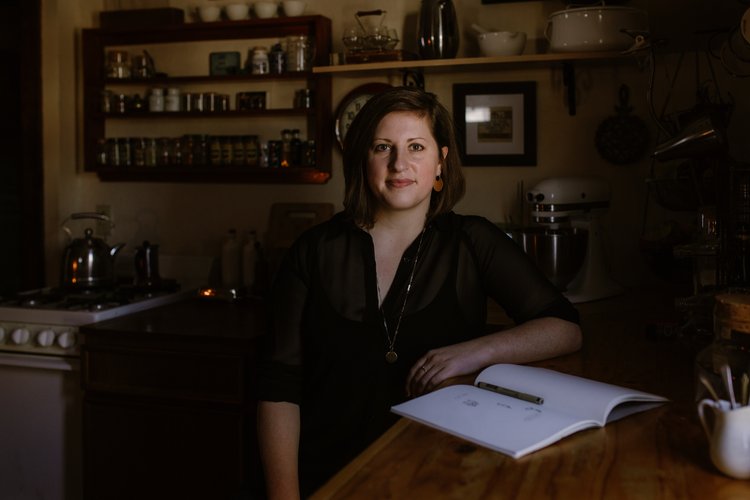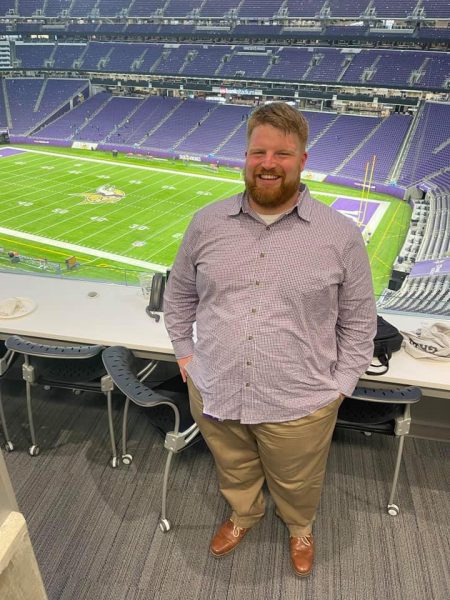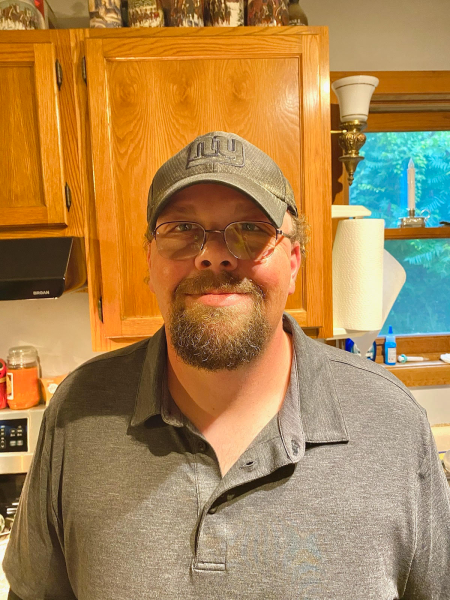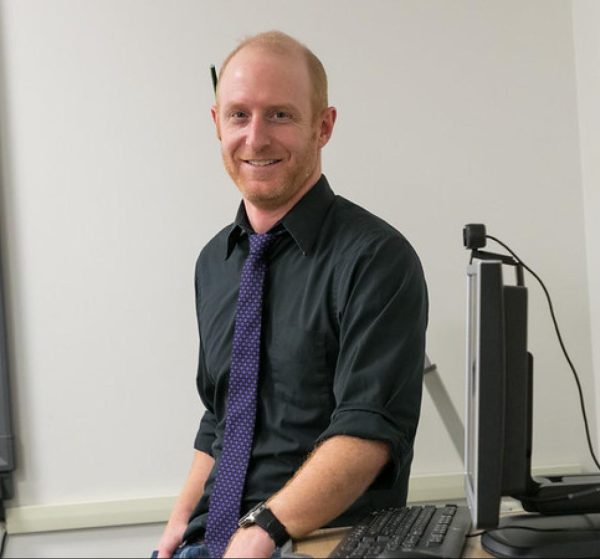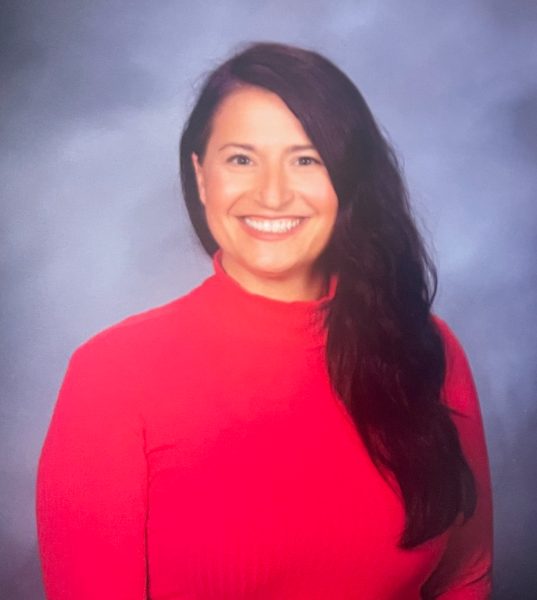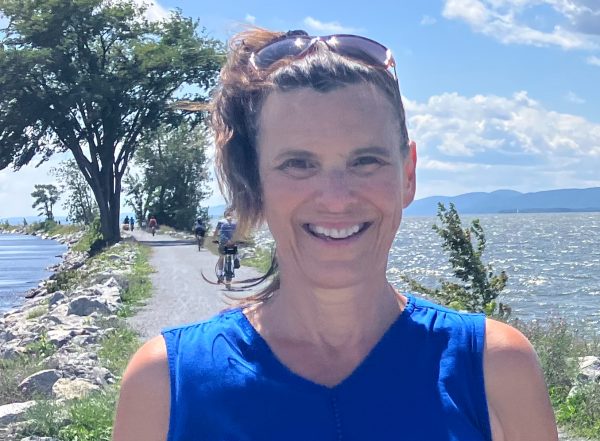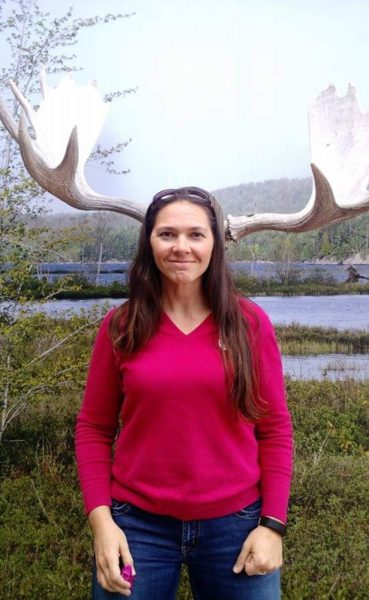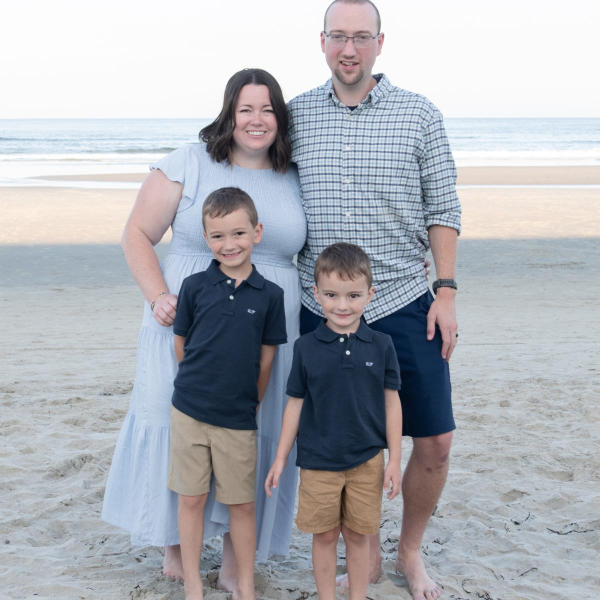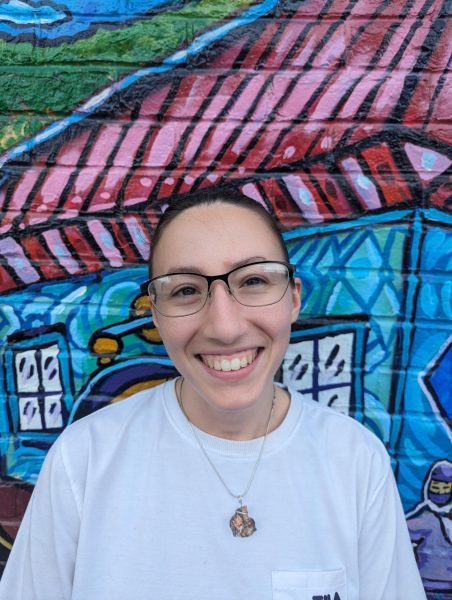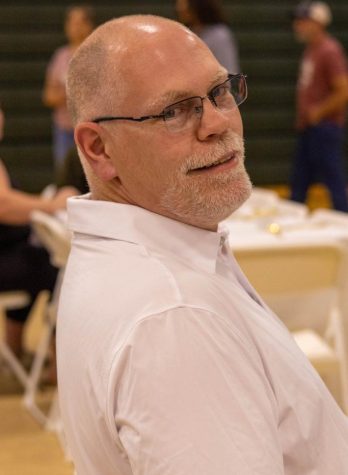An Interview with Vermont Poet Meg Reynolds
April 20, 2023
The Mercury recently interviewed Vermont poet Meg Reynolds, who was one of the judges for Vermont’s Poetry Out Loud semi-finals. She is also on the board of Sundog Poetry, a non-profit organization that promotes poetry programming all over Vermont.
According to Reynolds, she was approached by some of the Vermont Poetry Out Loud organizers to see if anyone at Sundog would be interested in judging, and Reynolds volunteered.
Reynold’s first encounter with poetry was as a child and with the world of Shel Silverstein, Dr. Seuss and particularly Paul Fleischman’s Joyful Noise: Poems for Two Voices.
“I was really attracted to the potential for humor and lyricism in poetry. I loved the images and that mode of mirroring the world back to itself,” Reynolds said.
Many things influenced Reynolds to start writing poetry, though it always held a significant role in her life. Right out of college, Reynolds said she had high-demanding, low-paying teaching jobs that left little time and space for a creative life. To combat this, Reynolds continued to write poetry on Post-its and stick them in between the pages of books she was reading. She chose poetry as her creative outlet because it was the only form of expression she could fit into her life at the time.
“They lived in my life as seeds. Now they have shouldered out everything else beyond family and friends. Poetry feels like a native species that is only now allowed to flourish because I hacked back anything I could,” Reynolds said.
Reynolds has a friend, another Vermont poet Edie Rhoads, who heard some advice from former Poet Laureate, Philip Levine, while Rhoads was studying at NYU. He talked about pounds per square inch, and how poetry should measure the force of their work that way. One word, an extra line, or too much explication can dilute or diminish the pounds per square inch of the poem. Poetry, to Reynolds, should hold true to this and, depending on how the poem is crafted, the poet has the power to make or break the poem.
Reynolds’s advice to writing poetry for someone who doesn’t know where to begin is to read everything.
“Find a handful of poets that you admire to the point of loathsome jealousy, read everything they’ve written, read the poets they love and call influences and find out where they publish and explore those poets too…If you are in an argument with one of your poems – leave it alone and come back to it; don’t be afraid to walk away from it,” Reynolds said.
Like many poets, Reynolds’ poetry has changed throughout her career much in the same way Reynolds has grown.
“It is more direct, more confident, more heartbroken and optimistic. I have more to say because I have more experience. I have earned it over time, and I am still earning it.”

